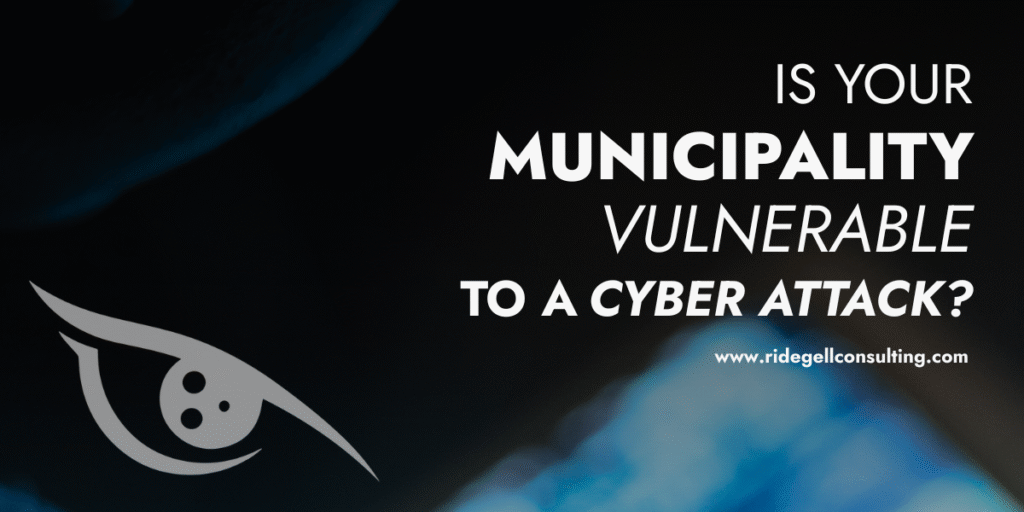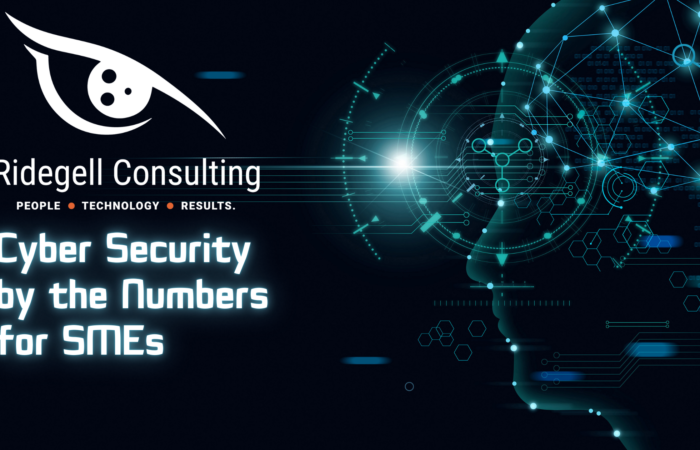
Estimated reading time: 4 minutes
Municipal governments across Canada are increasingly becoming targets for cybercriminals. Ransomware attacks are on the rise, crippling essential services, leaking sensitive data, and costing taxpayers millions. Cities like Hamilton, Saint John, and Cold Lake have all faced major cyber incidents in recent years, revealing critical gaps in preparedness and cybersecurity infrastructure.
As public services grow more digitized, municipalities need to take a proactive, strategic approach to cybersecurity.
Why Are Canadian Municipalities Prime Targets for Ransomware?
Ransomware attackers are strategic; they seek out vulnerabilities, and unfortunately, Canadian municipalities present a perfect storm:
- Outdated IT Infrastructure: Many local governments still rely on legacy systems that lack modern security protocols.
- Limited Budgets and Staff: Smaller municipalities often operate with limited cybersecurity expertise and outdated policies.
- Critical Service Delivery: Utilities, emergency response, payroll, and public records all rely on digital systems, making disruptions devastating.
- Public Pressure to Restore Services Quickly: This can incentivize ransom payments, further encouraging attackers.
Recent Cyberattacks on Canadian Municipalities
Hamilton, Ontario (2024)
In February 2024, the City of Hamilton suffered a major ransomware attack that disrupted numerous public services. Transit scheduling, building permits, and public library access were all impacted. The city allocated $5.7 million to recover from the attack and reinforce its digital systems.
Source: TeckPath
Saint John, New Brunswick (2020)
A sophisticated ransomware attack in Saint John forced the city to shut down IT systems city-wide. Services were affected for weeks, and recovery costs reached nearly $3 million.
Source: Global News
Cold Lake, Alberta (2024)
In July 2024, a cyberattack hit Cold Lake, disabling email, phone, and payment systems across City Hall, public works, and emergency services. The city had to manually process services while it rebuilt its network.
Source: Lakeland Today
Key Cybersecurity Risks for Municipalities
- Phishing Emails & Social Engineering
- Employees may unknowingly open malicious attachments or click on harmful links.
- Municipalities are especially vulnerable due to a lack of mandatory cybersecurity training.
- Insufficient Backup & Recovery Systems
- Without secure, offline backups, ransomware can lock up critical files indefinitely.
- Many local governments lack tested disaster recovery plans.
- Weak Endpoint Security
- Outdated antivirus software and open RDP (Remote Desktop Protocol) ports leave systems exposed.
- No Incident Response Plan
- Delayed or uncoordinated responses to a breach can worsen the damage.
How Municipalities Can Defend Against Ransomware
- Employee Awareness and Cyber Security Training
- Employees are your first line of defense.
- With Ridegell’s Municipal Cybersecurity Training, your team will learn how to identify phishing attempts, create secure passwords, and follow proper escalation procedures.
- Conduct Regular Cybersecurity Risk Assessments
- A full risk assessment can uncover hidden vulnerabilities across networks, endpoints, and staff behaviors.
- Ridegell Consulting offers municipality-specific assessments tailored to your existing IT infrastructure and service delivery models.
- Implement a Multi-Layered Security Approach
- Network segmentation to isolate essential services
- Multi-factor authentication (MFA) on all privileged accounts
- Next-gen firewalls and endpoint detection & response (EDR)
- Regular patching and updates to close known exploits
- Develop and Test an Incident Response Plan
- Every municipality needs a clear, documented response protocol.
- Ridgell can help develop a custom incident response playbook, complete with contact trees, containment strategies, and recovery timelines.
- Secure Backups and Disaster Recovery
- Implement air-gapped, immutable backups
- Test your restore procedures quarterly
- Ensure recovery time objectives (RTOs) are realistic for essential services
Cybersecurity Is an Investment
Recovering from a ransomware attack is often 10 to 20 times more expensive than investing in prevention. A study by IBM Security estimates that the average data breach in Canada costs $6.94 million CAD per incident. Municipalities simply cannot afford to treat cybersecurity as optional.
How Ridegell Consulting Helps Protect Canadian Municipalities
Ridegell Consulting provides tailored cybersecurity solutions for municipalities of all sizes. Whether you’re a large city or a small town, we help you:
- Conduct audits and gap analysis
- Implement layered protection strategies
- Develop policies aligned with federal and provincial regulations
- Train employees and leadership on cyber risk
- Prepare for and respond to ransomware and other attacks
With extensive experience in government, infrastructure, and critical services, we understand the challenges municipalities face and provide solutions that work in real-world environments.
Let’s Secure Your City Before It’s Too Late
Cybercriminals are constantly evolving, and so should your defenses. If your municipality is ready to improve its cybersecurity posture, Ridegell Consulting is here to help.
Contact us today for a free consultation or cybersecurity risk review.








